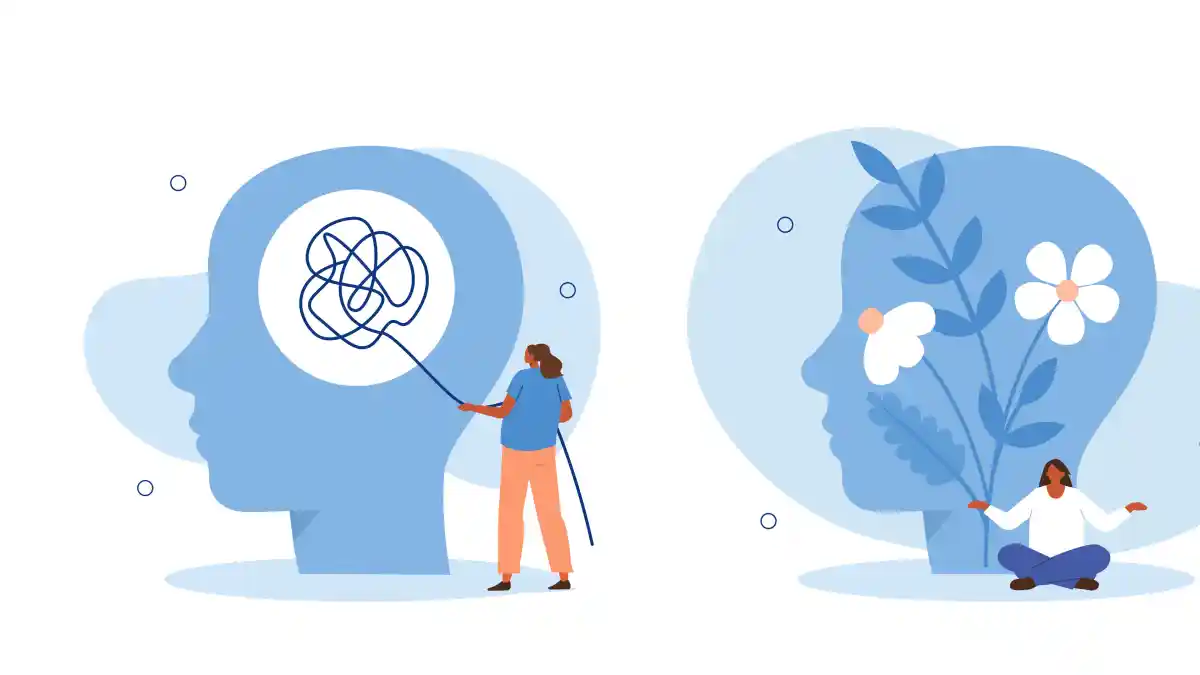Emotional Intelligence (EI), often referred to as Emotional Quotient (EQ), is the ability to recognize, understand, manage, and influence emotions—both your own and those of others. Unlike IQ, which remains relatively constant, EI can be developed and enhanced over time. Cultivating EI is crucial for personal development, effective communication, and leadership. It encompasses self-awareness, self-regulation, social awareness, and social skills, all of which contribute to better decision-making and relationship-building.
Improving EI begins with self-awareness—the ability to identify and understand your emotions and their impact on others. Techniques such as journaling and mindfulness practices can aid in developing this awareness. Self-regulation follows, involving the management of emotions and behaviors, especially in stressful situations. Practicing active listening and empathy enhances social awareness, allowing for deeper connections and understanding of others’ perspectives. Developing strong social skills, including effective communication and conflict resolution, further strengthens EI.
Incorporating EI into daily life leads to numerous benefits, including improved mental health, stronger relationships, and increased workplace effectiveness. Leaders with high EI are better equipped to inspire and motivate teams, navigate challenges, and foster a positive work environment. By committing to the ongoing development of emotional intelligence, individuals can unlock their full potential and achieve greater personal and professional success.






